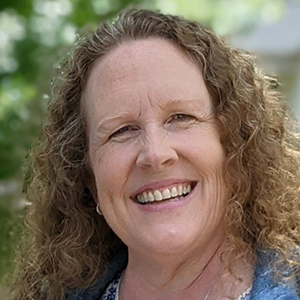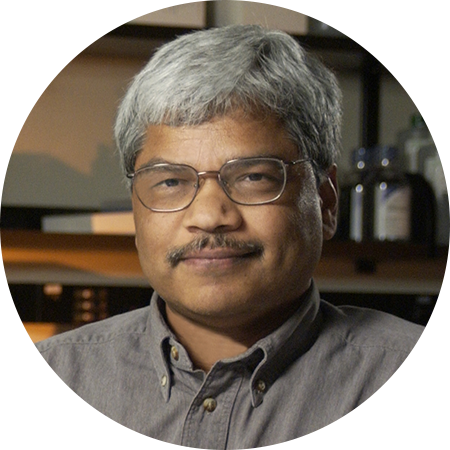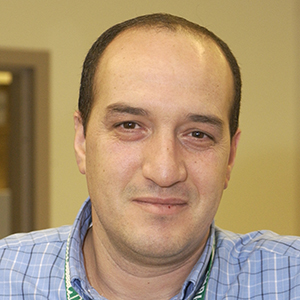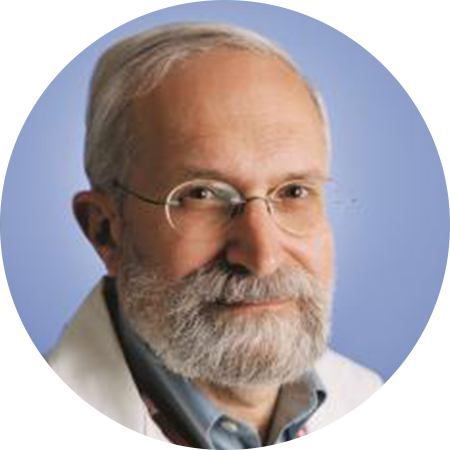Cancer Genetics and Comparative Genomics Branch
The Cancer Genetics and Comparative Genomics Branch seeks to identify and study genes that contribute to cancer susceptibility and progression.
Branch Staff

Elaine A. Ostrander, Ph.D.
- Chief & NIH Distinguished Investigator
- Cancer Genetics and Comparative Genomics Branch

Daphne W. Bell, Ph.D.
- Senior Investigator
- Cancer Genetics and Comparative Genomics Branch

Heidi Parker, Ph.D.
- Associate Investigator
- Cancer Genetics and Comparative Genomics Branch

Settara Chandrasekharappa, Ph.D.
- Associate Investigator
- Cancer Genetics and Comparative Genomics Branch

Abdel G. Elkahloun, Ph.D.
- Associate Investigator
- Cancer Genetics and Comparative Genomics Branch

Paul Meltzer, M.D., Ph.D.
- Adjunct Investigator
- Cancer Genetics and Comparative Genomics Branch
Last updated: October 12, 2024
